Fertility
Tag: Getting Pregnant
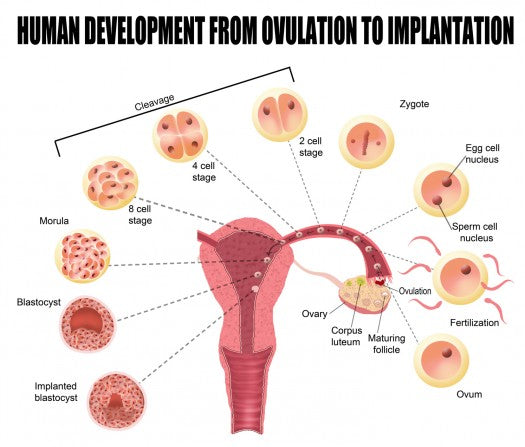
Implantation Bleeding After Conception - When it Happens & What it Looks Like
When your egg is fertilized it take a while before it implants and starts producing hCG . This article discusses how long this takes and how soon you should be able to see a positive result on a pregnancy test.
Tags:
Getting Pregnant
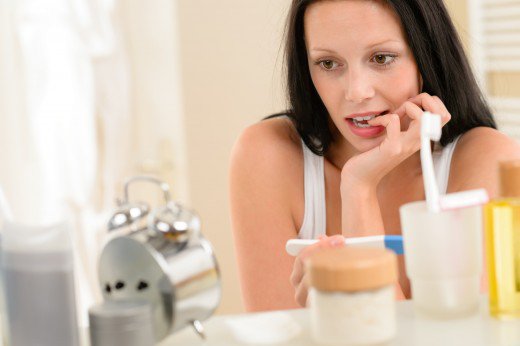
How To Get Pregnant - 9 Tips To Help You Conceive
This post contains affiliate links. We will earn a small commission if you purchase something after clicking on the link. Read our affiliate disclosure here. You'd think most people would know how to get pregnant, but many couples find out that it isn't as easy as just having sex. Many things can make getting pregnant harder than you expected. If you choose to follow the advice, these nine tips can help increase your chances of getting pregnant. What You Should Start Doing - Fertility Friendly Habits 1) Most Important How To Get Pregnant Tip - Know When You Ovulate! Knowing when you ovulate is one of the biggest things you can do to help improve your chances...
Tags:
Getting Pregnant
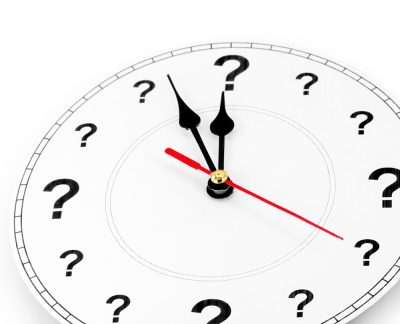
No Implantation Bleeding - Should I Worry?
Implantation bleeding is a very early sign that they are pregnant. If you don't have it, does it mean you are not pregnant?
Tags:
Getting Pregnant
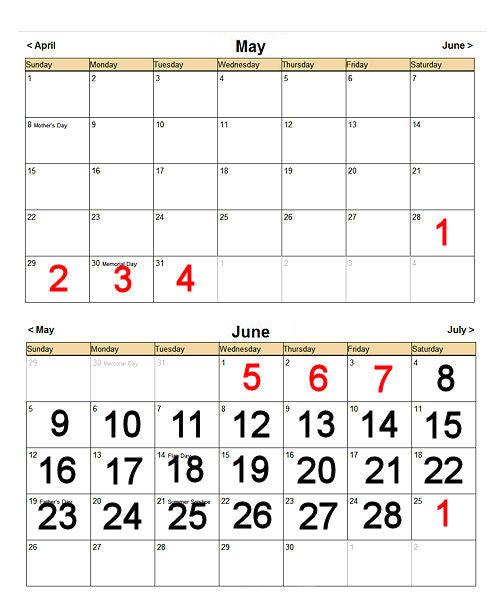
Tips for Using the BabyHopes Online Ovulation Calculator
BabyHopes Online Ovulation Calculator Did you know that we have an awesome ovulation calculator on our website? We can help you figure out when the best time to have sex to make getting pregnant possible. It's pretty easy to use. It will work for you if you: Have a menstrual cycle that is between 21 and 35 days long. Have a "normal" cycle. That means it is typically the same number of days long each month. Know when your last period started. Unfortunately, if you don't have the right cycle length or if your period is not normal, the calendar won't work well for you. For now, that is. Chances are you have a hormonal imbalance but we have help...
Tags:
Getting Pregnant

Increase Your Chances of Getting Pregnant By Using Natural Remedies
Making the decision to try to have a baby is easy; the hard part is actually conceiving the child. Most people think it happens easily and for some it actually does, unfortunately, it does not go that smoothly for everybody. It can be extremely frustrating figuring out the length of your cycle or even pinpointing the exact date of ovulation. In addition, if you were on birth control, it may take a bit of time for your cycle to return to its natural state. As such, once you make the decision to have a baby the key principle you will need is patience as chances are you will be waiting for a while. Luckily, you can cut down this waiting...
Tags:
Getting Pregnant

Staying Encouraged while You’re Trying to Conceive
Trying to conceive can be an emotional journey, especially when things don’t go as planned. This guide offers encouragement, stress-management tips, and ways to stay positive, so you can feel supported and connected throughout the process.
Tags:
Getting Pregnant
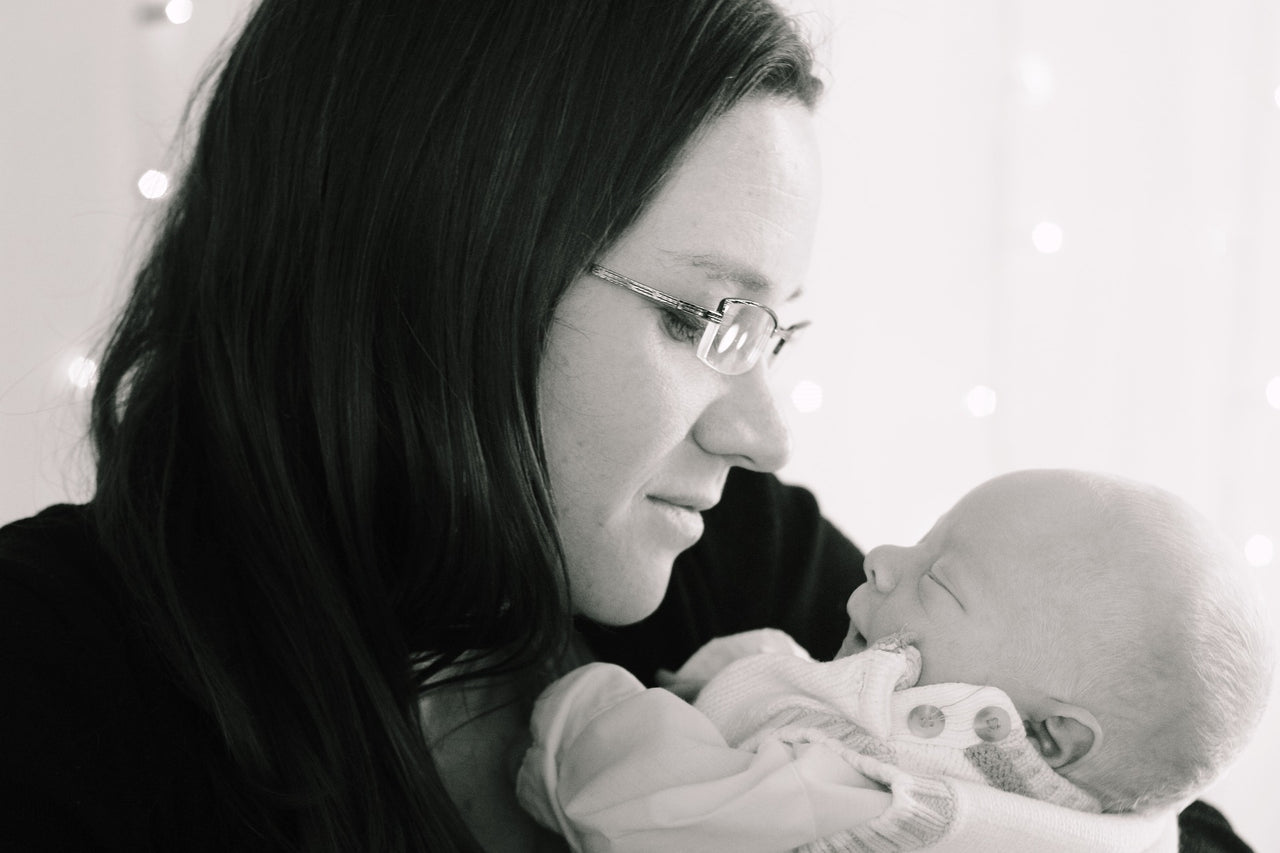
What Are The Chances of Getting Pregnant Soon After Giving Birth?
You have recently given birth and you are already wondering when you will be fertile again? You may have heard that you will not be fertile for a while after birth but that's not true. Many women have gotten pregnant within a couple of weeks of giving birth. You probably know of families with VERY closely spaced siblings. You can conceive again within a couple of weeks after giving birth, even if your period has not returned. Breastfeeding and Fertility There are many factors that come into play when getting pregnant again after having a baby is concerned. The most important factor is whether you are breastfeeding your newborn. Although it is possible to get pregnant while breastfeeding, breastfeeding itself is...
Tags:
Getting Pregnant
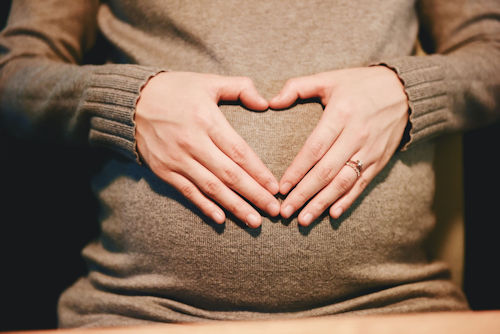
Getting Pregnant in Your 30's - How to Improve Your Odds
Getting Pregnant In Your 30's There are many reasons women are waiting until they are older to get pregnant. College typically will take you into your early 20's if you stop after you get your undergraduate degree. After college, there's the workforce. Many women have active, successful careers, and a husband they want to spend time with before they add a child to the mix. Before they know it, they are in their 30's and now ready for a baby. There is a plus of waiting until you are over 30 to get pregnant. Being older also typically makes us wiser. Maturity and wisdom accumulate in the extra time before trying to get pregnant when you are in your 30's. ...
Tags:
Getting Pregnant

My Ovulation Test is Positive! When Should I Have Sex?
Getting pregnant is not easy for every couple. Though some may conceive naturally, others need a little help to give them a better chance. It's imperative to know when you are ovulating so you can time intercourse perfectly. Using ovulation predictor tests will increase your chances of getting pregnant. A positive ovulation test signals that it's time to have sex now! Timing is everything if you want to get pregnant. Your chances increase if you have sex within five days before you ovulate. They decrease as the hours pass after you have ovulated as well. Your egg only survives for about 24 hours once ovulation has occurred. What Does a Positive Ovulation Test Tell You? WebMD, explains that an ovulation...
Tags:
Getting Pregnant
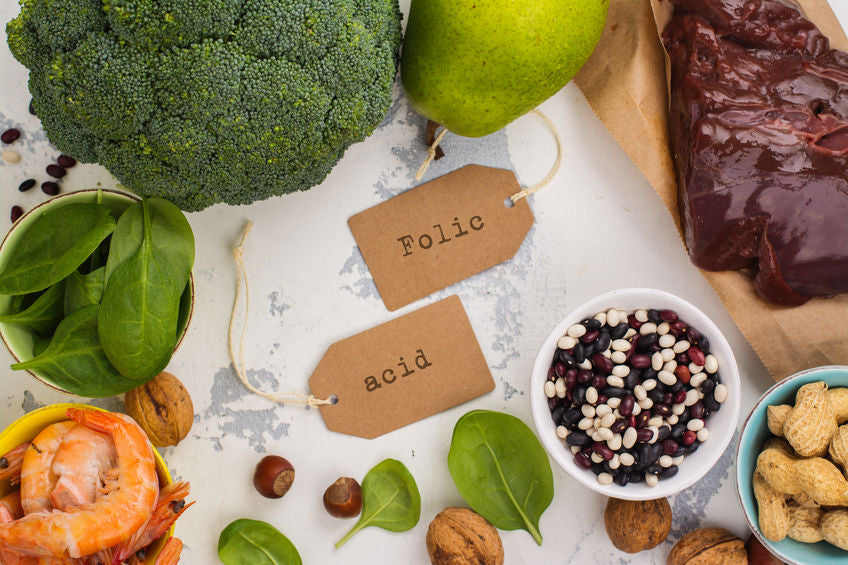
Why is Folic Acid important for Conception and Pregnancy?
When you decide to have a baby, folic acid is one of the main items that should appear on your "remaining healthy" checklist. Folic acid, sometimes called folate or folacin, is a B vitamin more popularly referred to as B9. It aids our body in producing more red blood cells, as well as the chemical components of our nervous system, such as norepinephrine and serotonin. Folic acid can also aid in synthesizing the genetic substances found in the cells of our bodies as well as help us to maintain normalized brain functions. Why Should I take Folic Acid? It is suggested that folic acid should be used both before and during conception, as it is one of the few...
Tags:
Getting Pregnant
Quick links
Search
Contact Us
Shipping Information
Helpful Info
Terms of Service
Privacy Policy
Do not sell my personal information
Contact us
About us
BabyHopes.com is a family owned and operated business, opened in January 2001. We have been serving the trying to conceive community for over 20 years.
